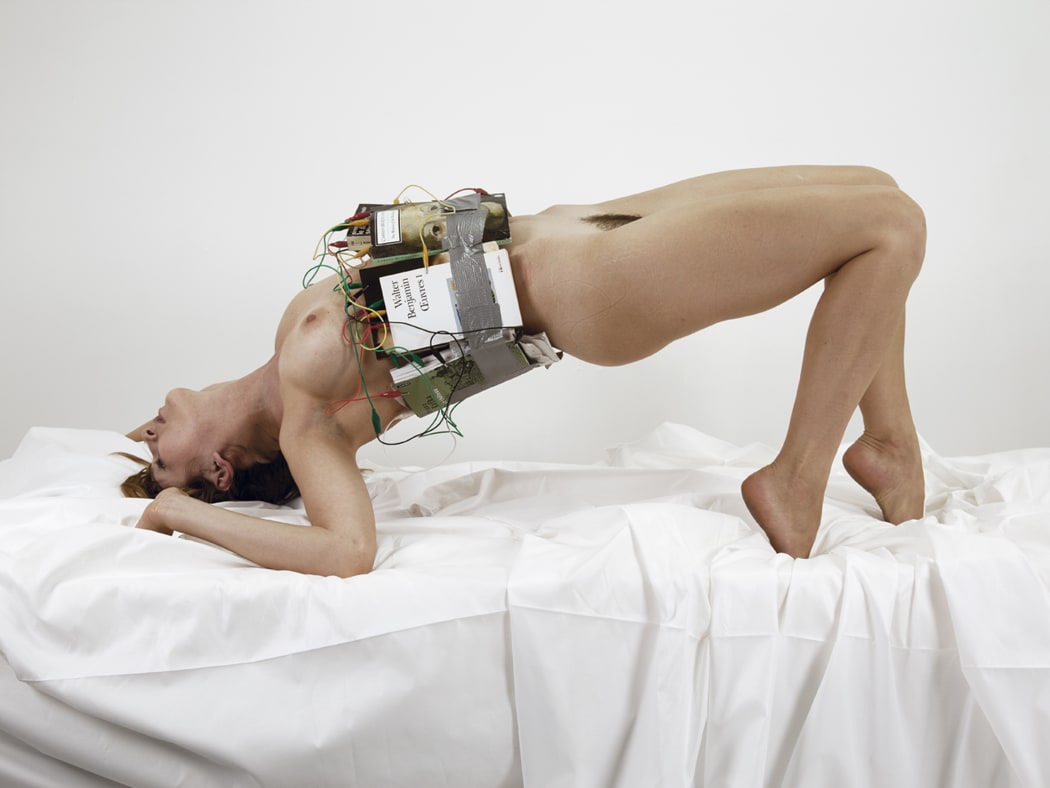
At the end of 2020, the current Spanish Minister of Culture José Luis Rodríguez Uribes asserted that "for the first time" the culture sector was not going to "suffer the consequences" of the crises derived from Covid-19 thanks to the subsidies and the budget increases foreseen for 2021. These declarations are rather peculiar because they implicitly acknowledge that culture always ends up suffering the consequences. It is taken for granted that the culture budget is always the easiest and the most effortless to cut back. Because, after all, what percentage of the population would demonstrate if a museum were to be shut down? How would the demonstrations be in the street if most art galleries were forced to close?
The relationship between culture and politics has always contained contradictions. From an historical point of view, art and culture have been throughout history tools for the vainglory and propaganda of the powerful; artists and creative people have worked for them, but they have also criticised power in a careful and natural balance. Lorenzo de' Medici was no saint from a political point of view, but when he founded his "garden of sculpture", a free school for talented young artists where Michelangelo was apprenticed, he not only did it to show off his power but because of the aesthetic and mostly intellectual enjoyment of being so close to artists and fostering art.
But the Renaissance is dead and it seems that the Enlightenment's values appear to be at loose ends in this turbulent first quarter of the 21st century. I hear it said, here and there, that "art and culture are of no interest". It is both a very hackneyed sentence and an extremely painful blow for artists and cultural agents because we sadly know it is true. It is a statement that is basically used when low cultural audiences are measured, but this is not the worst thing. This lack of interest comes from power itself and its representatives; nevertheless, this is not the exclusive property of the "right", for it has also progressively infected supposedly progressive politics.
The pandemic has increased the level of cynicism that shrouds the relationships between art and power exponentially with the aim of an already practically endemic "detachment" from culture. In the first months of lockdown, it seemed that suddenly culture was very important. When a group of young lads decided to play music on a terrace they were praised at unheard-of levels. All of a sudden, too, when museums were closed to people, the media and the social networks spoke about them more than even before, an international phenomenon that was mentioned in a UNESCO report released in May 2020. In other words, a closed museum is more interesting for the media than an open museum with few visitors.
At a time when so many people had more free time, all of a sudden "it was discovered", as if it were big news, that culture and art are important "to nourish the soul" or just simply to entertain oneself. The confusion between a culture understood as a tool of knowledge and political and social transformation, and another seen as sheer entertainment, has achieved a high degree in these times of pandemic. The culture of spectacle has won the game. Proof of this is the increasingly frequent identification of politicians in their statements between scenic and performing arts with culture generally speaking. Only the book industry avoids more often this generalisation, but the visual arts are still the red-headed stepchild of the cultural sector. There is nothing new about it. However, creativity is, luckily enough, not in difficulty either. In my opinion, I would say even more: it is an excellent moment for art. There is talent, there is energy. Acclaimed artists get along with a young, courageous and critical generation. Only the barrier of cynicism should be broken.

